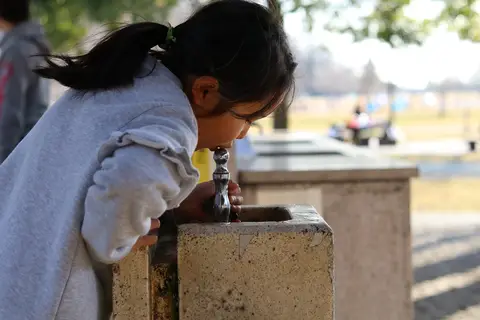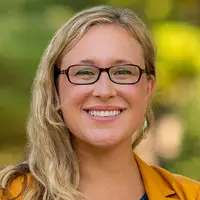Additional grant funds prioritize participation of family child care homes
RESEARCH TRIANGLE PARK, N.C. — The North Carolina Department of Health and Human Services’ Division of Public Health and RTI International, a nonprofit research institute, today announced that they have secured an additional year of grant funding from the Water Infrastructure Improvements for the Nation Act (WIIN) Grant Program.
The 2016 WIIN Act addresses, supports, and improves America's drinking water infrastructure. In 2019, Governor Roy Cooper announced North Carolina’s intent to participate in the federal grant program. The initial $964,000 grant from June 2020 through September 2021 covered testing for all licensed child care centers across the state.
“North Carolina has answered the challenge of testing for lead at child care facilities and elementary schools with pre-kindergarten and Head Start programs,” said Mark Benton, NCDHHS Assistant Secretary for Public Health. “No other state in the southeast has tested nearly every child care center in the state for lead at the tap. This work shows our commitment to ensuring that children now and in the future have access to lead-free water.”
The principal objective of this program is to help assist schools and child care programs to test for lead in drinking and cooking water to ultimately eliminate children’s exposure to lead at the tap. This additional $556,000 grant funding prioritizes testing at family child care homes, along with a school pilot study.
“Our primary goal with the additional grant funding is to test drinking and cooking taps for lead at all family child care homes,” said Jennifer Hoponick Redmon, program director and a senior environmental health scientist at RTI. “If you are a family child care home that would like to participate in this free program, go to www.cleanwaterforcarolinakids.org to enroll and we will help you test and take action to get the lead out.”
The Clean Water for Carolina Kids program provides citizen science-based mail-out water quality test kits paired with training, communication, and mitigation support that empowers child care centers and schools to eliminate exposure to lead in drinking and cooking water where children learn and play.
About RTI International
RTI International is an independent, nonprofit research institute dedicated to improving the human condition. Clients rely on us to answer questions that demand an objective and multidisciplinary approach — one that integrates expertise across the social and laboratory sciences, engineering, and international development. We believe in the promise of science, and we are inspired every day to deliver on that promise for the good of people, communities, and businesses around the world. For more information, visit www.rti.org.
To learn more about the origins of the Clean Water for Carolina Kids program, click here. Testing under the additional grant is conducted by RTI International in partnership with the NC Division of Public Health.
About the NC Division of Public Health
The North Carolina Division Public Health leads an integrated and equitable public health system that is committed to protecting and improving the public’s health and environment. Our statewide system of public health is comprised of dedicated professionals who carry out our mission through a wide range of essential programs and activities. Public health is community health. As such, we work to improve and promote health as well as protect entire communities — not just individuals — from communicable diseases, epidemics, and contaminated food and water. For more information, visit https://publichealth.nc.gov/.

RTI International Media Relations:
As an independent, scientific research institute with a mission to improve the human condition, RTI International is engaged by clients and partners to conduct evidence-based research and project implementation. We share our work in line with journalistic and scientific standards and maintain a record in RTI’s Newsroom.
RTI International is an independent scientific research institute dedicated to improving the human condition. Our vision is to address the world's most critical problems with technical and science-based solutions in pursuit of a better future. Clients rely on us to answer questions that demand an objective and multidisciplinary approach—one that integrates expertise across social, statistical, data, and laboratory sciences, engineering, and other technical disciplines to solve the world’s most challenging problems.
For more information, visit www.rti.org.




